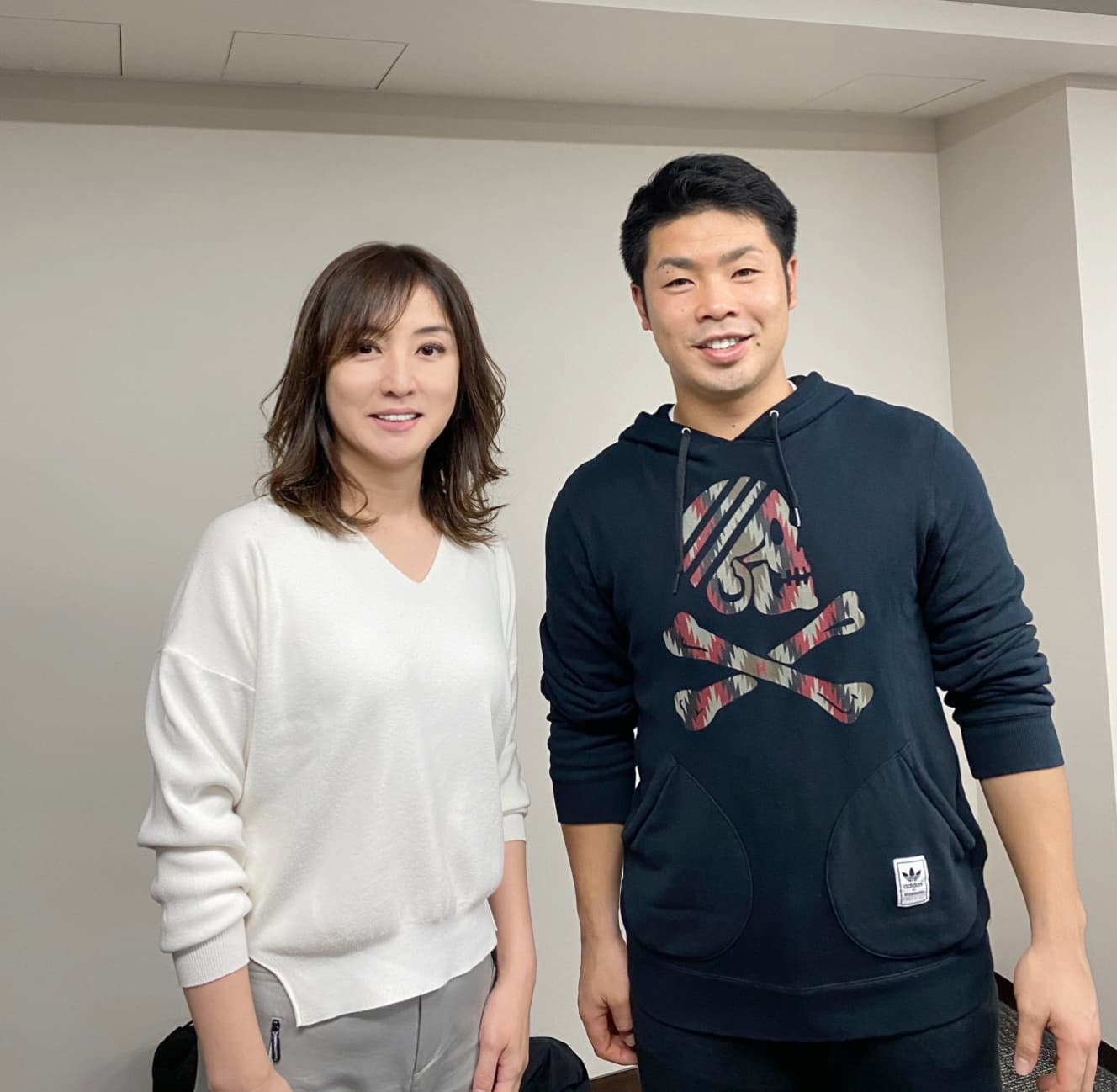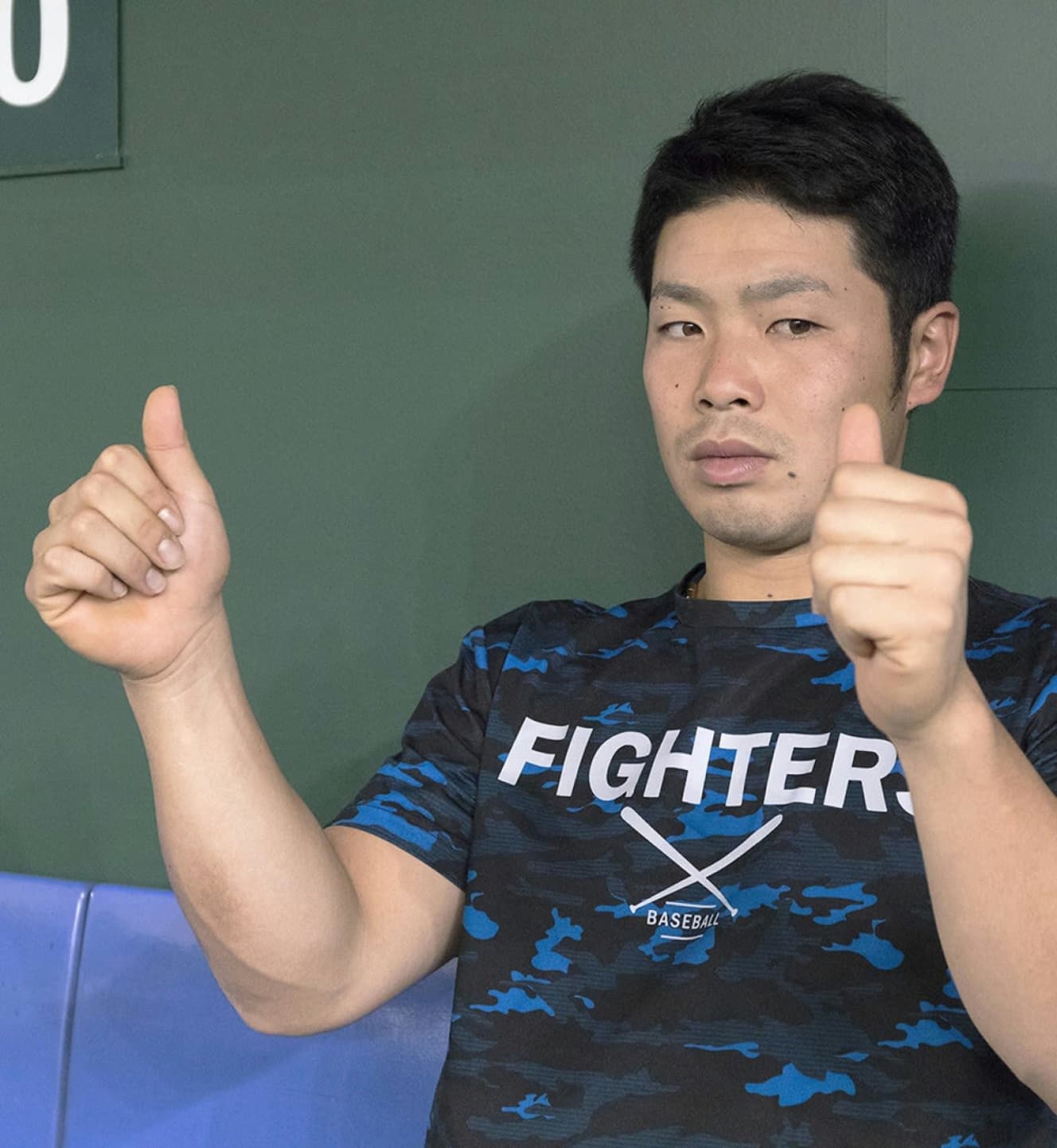Kensuke Kondo, WBC player, said that the character of Kondo “makes the atmosphere on the bench worse”.

The WBC Samurai Japan team will face Mexico in the semifinals on March 21 (Japan time). The batting lineup includes Shohei Otani, Masanao Yoshida, and Nutobar, but there is one player who has become an indispensable link in the lineup: No. 2 Kensuke Kondo (29).
Kondo has started all five games up to the semifinals as the No. 2 right fielder. He has a .389 batting average, one home run, five runs batted in, and a .560 on-base percentage. Although many left-handed hitters play for Samurai Japan, Kondo is not bothered by pitchers who throw either left or right-handed. In his professional career, he has a .306 batting average against right-handed pitchers and a .311 batting average against left-handed pitchers,” said a reporter for a sports newspaper.
Kondo is trusted by his teammates because of his friendly character that even younger players tease him about. However, the process of his development into one of Japan’s leading left-handed hitters has not been an easy one. In its April 27, 2006 issue, FRIDAY interviewed Kondo, who was with Nippon Ham at the time. We would like to reproduce the article and introduce the “mental irregularities” that caused Kondo to suffer (some content has been modified).
‘I can’t control my emotions.’

“A–!”
Damn!”
Kondo’s frustrated exclamations used to echo off the bench after a string of mediocre outings. Kondo looks back on his own words and actions, which he says “made the atmosphere on the bench worse.
He said, “I was happy or sad about the results, and my mentality was very uneven. If he couldn’t hit a pitch the way he imagined it would fly, he would yell at the top of his lungs, and if he got out of order, he would throw his helmet at the batter’s tools. I was one of the two most irritable characters on the team with Sho Nakata. The atmosphere on the bench deteriorated because of Boku, but he could not control his emotions. I didn’t have time to look at myself dispassionately.
Troubled, Kondo consulted with the team’s trainer and at the end of 2004 began “mental vision training” recommended by Masami Matsushima, a clinical psychologist. He practiced for 20 minutes every day to improve his dynamic vision and broaden his field of vision.
I was concentrating too much at bat and my field of vision was narrowing. But when I took Matsushima’s advice and got into the batter’s box with an easygoing mood, as if I could swim, my field of vision became wider. I also did various other training exercises. I also did various other training exercises, such as finding “Aiueo” from a sheet of paper with countless letters written on it like a random number table within a certain amount of time, or identifying the words on a rubber ball hit against the wall the moment it bounced off the wall.
I report the daily results to Dr. Matsushima and receive a lecture on what kind of training I should do next. I have always had good eyesight, 1.5 in both eyes. The effect was dramatic. I no longer forcefully try to hit the ball. I am able to see the ball better, so I am able to hit only the balls I can catch. I have more mental composure at bat, and I am no longer happy or sad about the results.
He and Otani, who is very active in the major leagues, are good friends and have discussed hitting theory with each other.
When Otani was with Nichi-Ham, we used to spend a lot of time talking about batting over yakiniku and sushi on the road. We would watch Otani’s performance on the TV in his locker before games. (Right after he hit his first home run (in the Majors), he sent me a message on LINE saying, “We all watched you. Keep up the good work.
A short time later, Otani replied, “Thank you very much. I can’t lose either. I want to eventually win the top hitter’s title. I want to get as close as possible to the numbers they expect of me.
Kondo is now playing a central role in the batting lineup of the Japanese national team along with Otani. His talent has blossomed greatly as a result of his mental stability.





PHOTO: Hiroyuki Komatsu